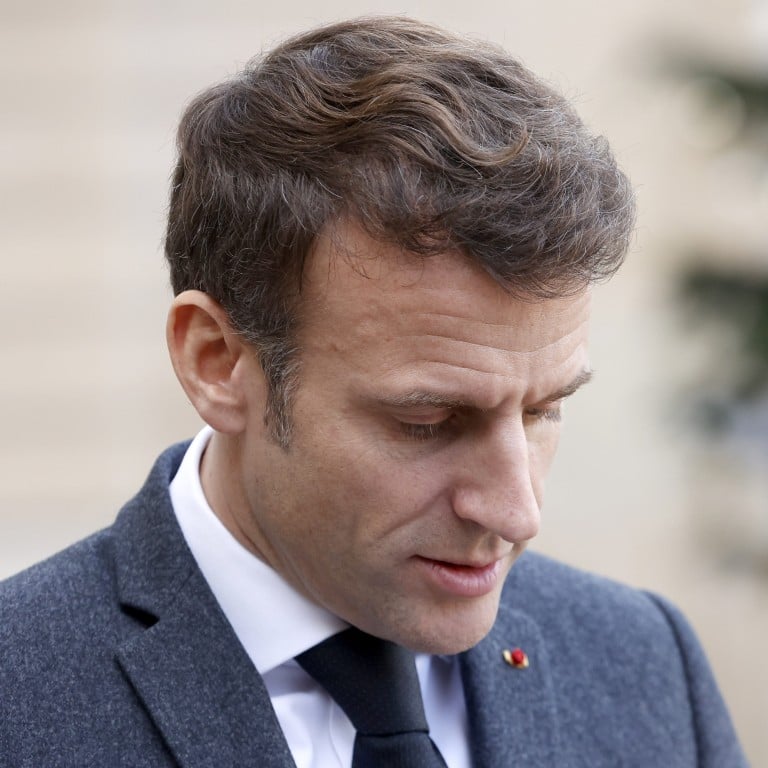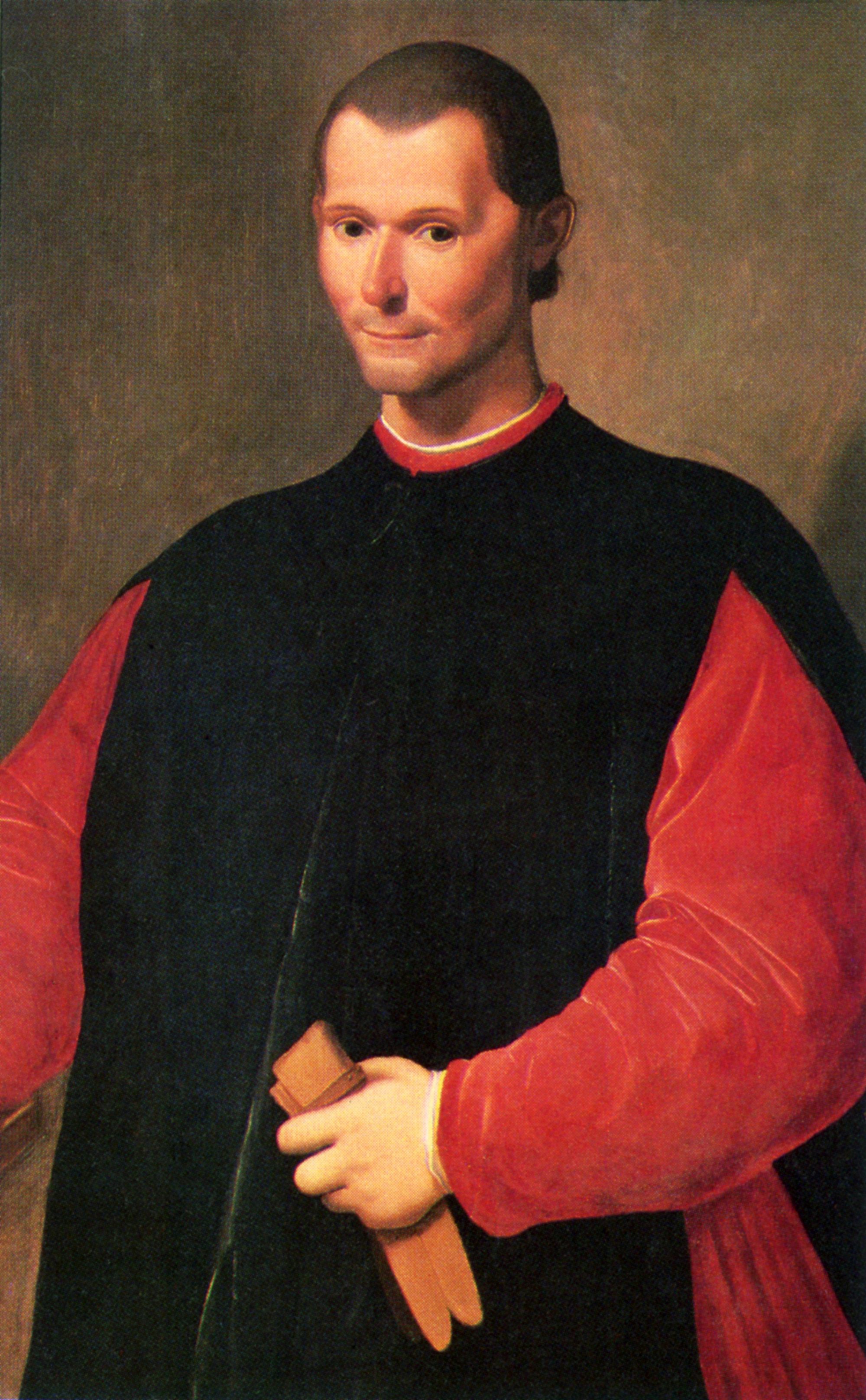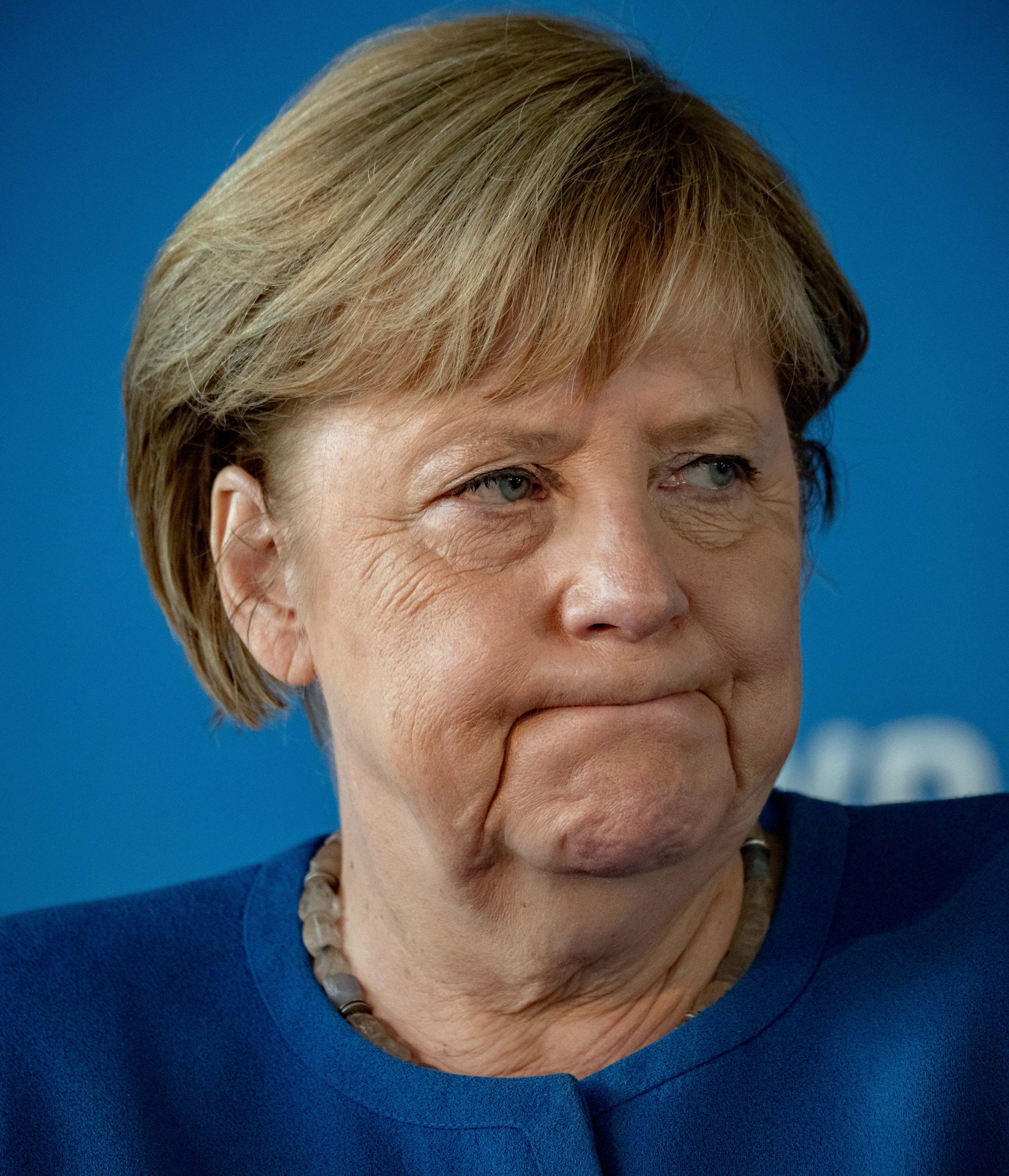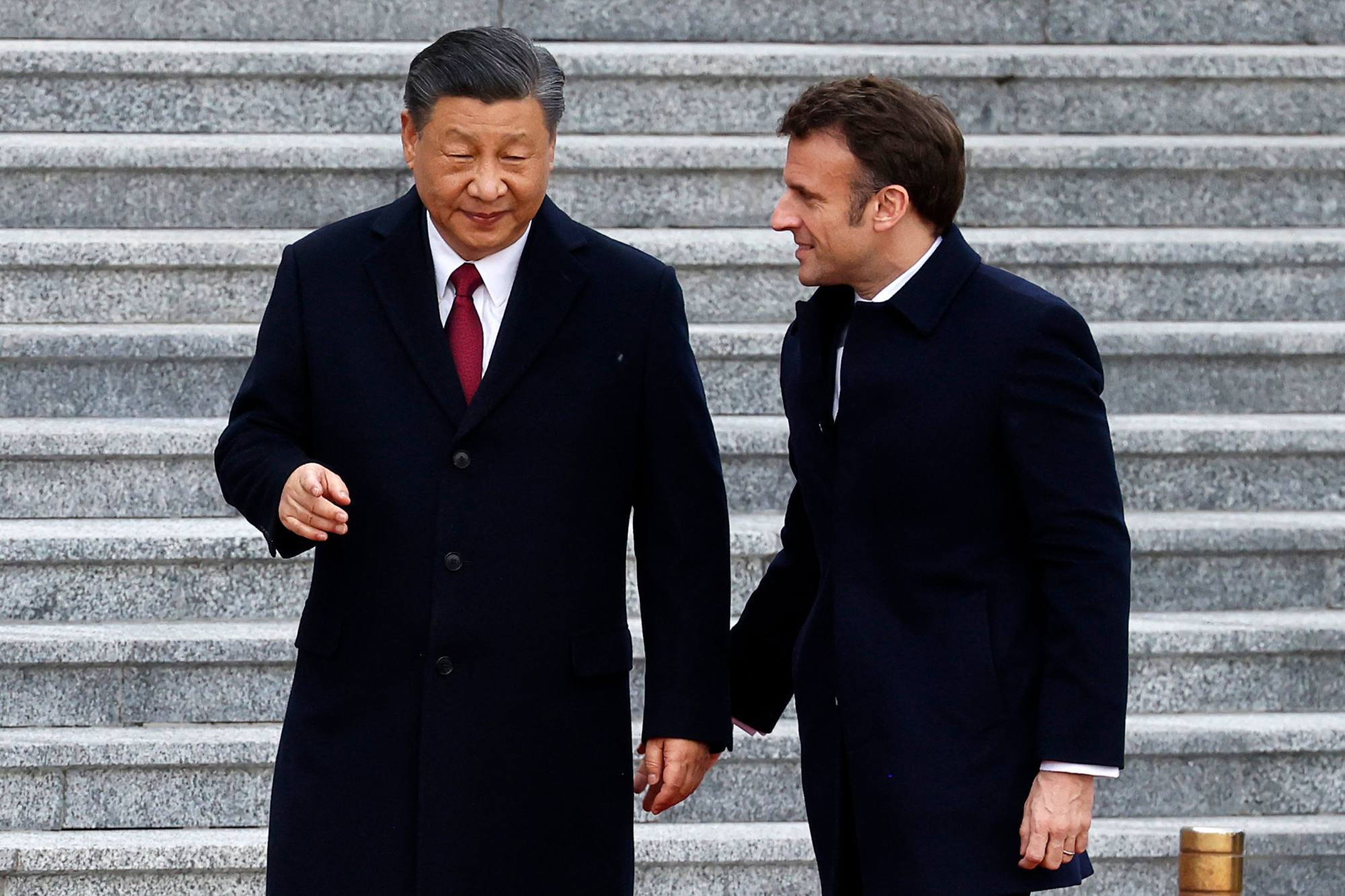
From gerrymander to macroning, a short history of eponyms – words coined from people’s names
- Machiavellian is an eponym many will be familiar with; recent ones derive from the names of modern-day politicians such as Angela Merkel and Emmanuel Macron
- Ukrainians first coined a Macron eponym, its meaning ‘to show you are very worried, and then do nothing’, but the meaning of macroning has taken a darker turn
Coining a word from a person’s name – an eponym – is not a novel idea. In many cases, it is not particularly complimentary.
To be Machiavellian – cunning, opportunist, unscrupulous, manipulative, amoral, especially in politics – comes from Italian political philosopher Niccolò Machiavelli’s name, and the political principles and methods of expediency, craftiness and duplicity set forth in his 16th century treatise Il Principe (The Prince).
The early 19th century saw the term gerrymandering formed, a portmanteau of the name of Governor Elbridge Gerry of Massachusetts – who redrew voting districts in favour of his party – plus salamander, from the supposed similarity that the shape of a new voting district on a map bore to the animal.
Contemporary politicians are not spared from such word-formation processes.

Angela Merkel, erstwhile chancellor of Germany, was known domestically for her propensity not to speak up on issues until she could gauge widespread political opinion, and with her political positions on major debates, such as gay marriage, being deemed deliberately vague.
The verb Merkeln was thus coined in German for her leadership style: “to do nothing, make no decisions, issue no statements”. In 2015, merkeln was the German Langenscheidt dictionary’s first choice for Jugendwort – Youth Word of the Year.

“Macroning”, after French President Emmanuel Macron, has demonstrated even more innovation.
A year ago, in the early months of Russia’s invasion of Ukraine, inspired by images released of the French president looking worried, with head in hands, between phone calls about the war, the Ukrainian word Macronete, literally, “to do a Macron”, emerged on the social media platform Telegram.
Meaning “to be very worried about a situation, to make sure that everyone sees how worried you are, and then to do nothing”, according to the Dictionary of Contemporary Ukrainian, and also used in Russia, the verb was immediately adopted in French, as macroner.

Following Macron’s visit with China’s President Xi Jinping this month, and subsequent comments vis-à-vis Taiwan – that to achieve his goal of “strategic autonomy”, Europe must avoid getting involved in crises that are “not ours” – the word “macroning” took a new turn.
An Eastern European politician suggested that “macroning” had become “a synonym of bulls***ting without any result”, while Paul Massaro, a senior policy adviser for the United States Helsinki Commission, posted a meme of “macroning” meaning “deliberately increasing one’s dependency on China whilst lecturing European partners about naivety and the need to boost the EU’s strategic autonomy”, declaring it now part of the “lexicon of shame”.

